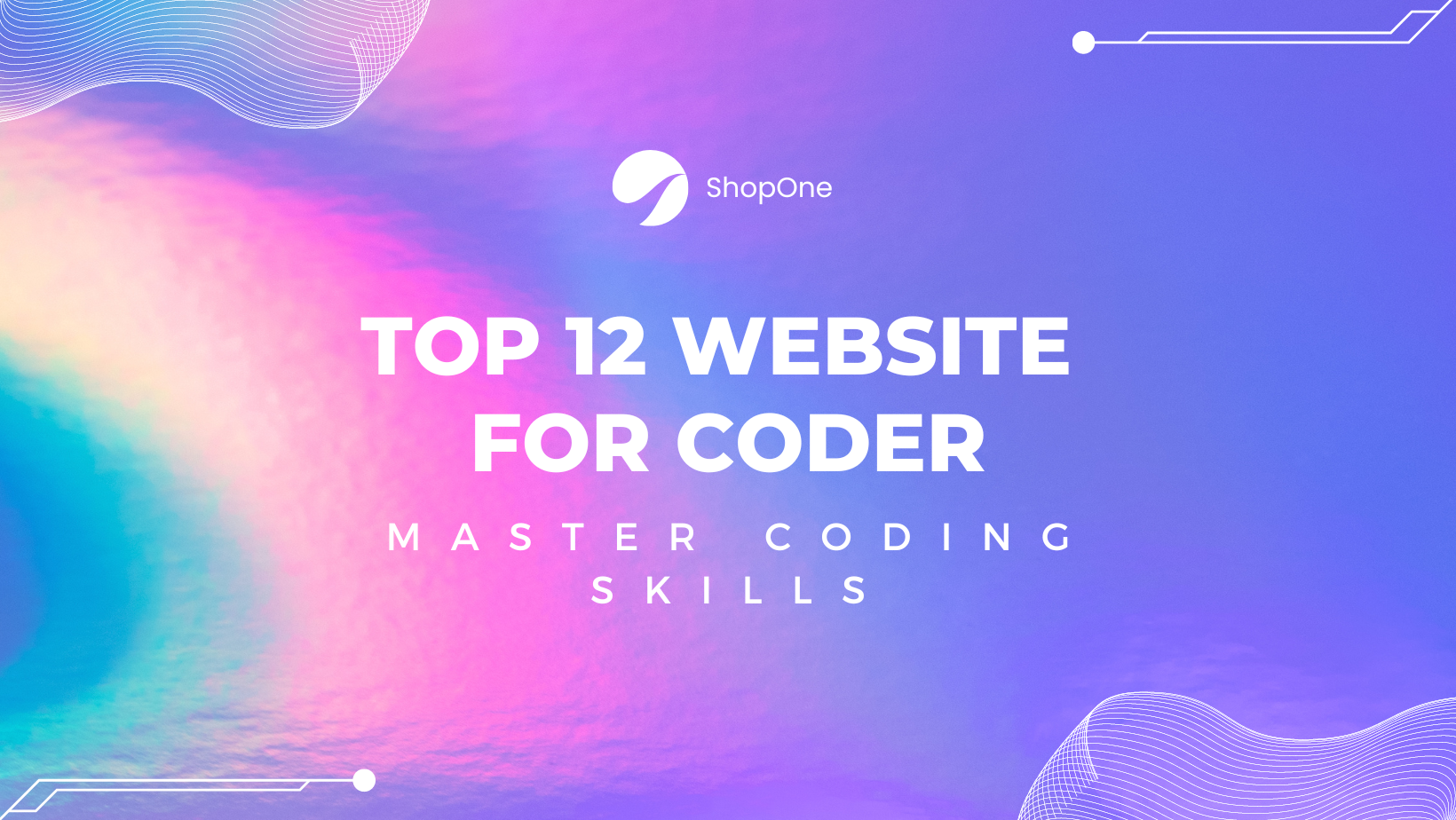5 most productive platforms to develop cosmetics websites you can not miss
- Nov 07 2024
- 1 views
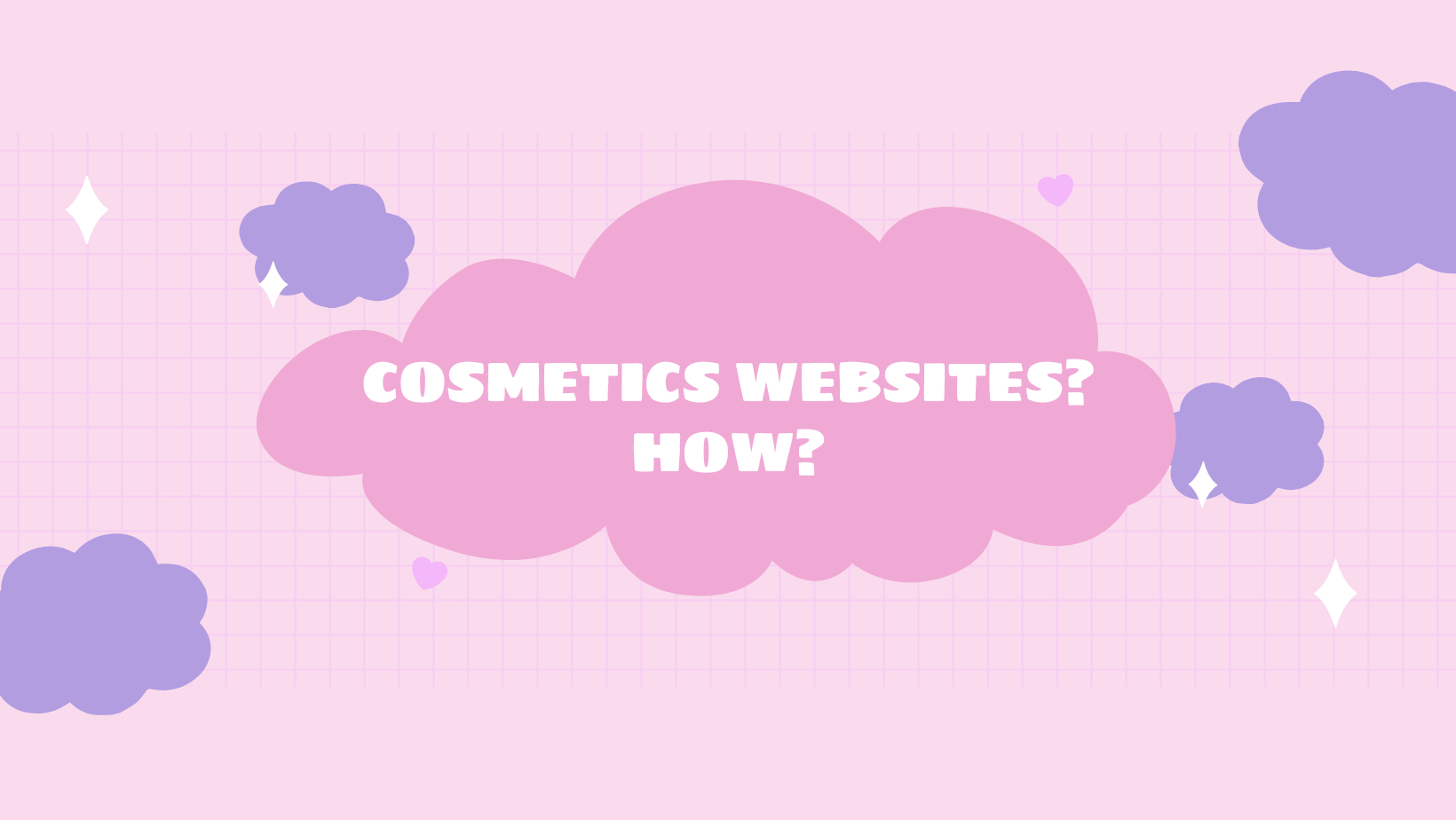
The cosmetics industry is experiencing a shift towards eCommerce as a new and potential sales channel alongside the traditional sales channel. In order to maintain and achieve significant growth through eCommerce, businesses must put in a lot of effort.
As a result, many cosmetics companies have created online cosmetic business websites, including Kylie Cosmetics, Hasaki, and Guardian, which have seen remarkable success.
This success can be attributed to their early choice of an appropriate and fitting eCommerce platform. Therefore, it is crucial to determine which eCommerce platforms are suitable for the cosmetics industry.
1. Salesforce Commerce Cloud
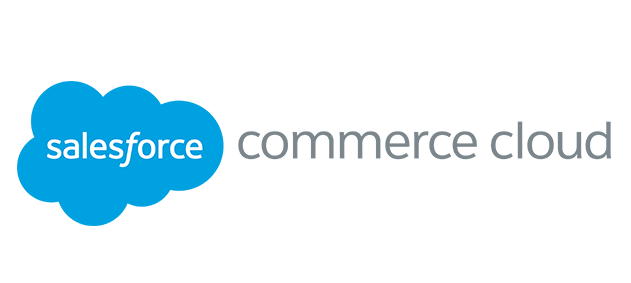
The cosmetic industry's major players, such as L’Occitane, Lancôme, Loreal, Nars, Neutrogena, NYX Cosmetics, and Shiseido, are utilizing Salesforce Commerce Cloud for implementing their eCommerce strategies.
Advantages:
SFCC provides a cloud-based SaaS platform with flexible and scalable hosting infrastructure, and the vendor takes care of configuration, updates, maintenance, security, and other related areas, which helps users save time and money. SFCC is a ready-made solution, and businesses can express their ideas and have them developed by SFCC’s IT team within weeks. SFCC supports cosmetic eCommerce businesses by allowing customers to select product sizes, purchase items in sets, take advantage of shock deals and flash sales, and receive new customer discounts and loyalty points. SFCC can scale and manage traffic spikes with ease during sales seasons or other unplanned events. SFCC offers omnichannel solutions that enable businesses to synchronize sales channels and reach and serve clients across various channels.
Disadvantages:
Businesses and developers need to have a good grasp of SFCC. SFCC charges users on a revenue-based model, with customers paying 1 or 2 % GMV (Gross Merchandise Value) depending on the selected plan package to maintain website ownership. Higher revenue means higher expenses paid to SFCC. SFCC has limited integration with 3rd party services.
=> B2C and B2B cosmetic businesses need SFCC.
2. Magento
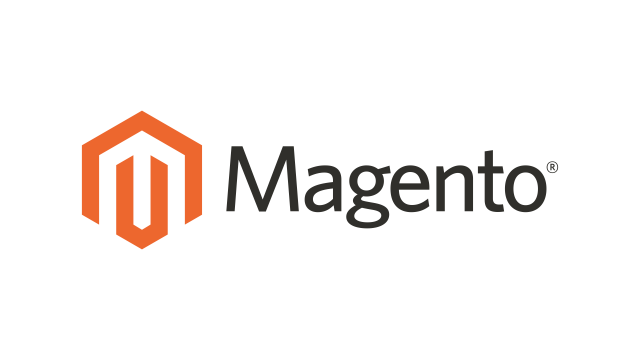
Magento, an open-source commerce platform, is a popular choice in the eCommerce industry and is currently being used by almost 200,000 websites. There are two versions available: Magento Open Source, which is free, and Magento Commerce, which requires payment.
Laneige, Sigma Beauty, and Hasaki are examples of cosmetic eCommerce websites that have achieved success using the Magento platform.
These brands have been able to build their websites successfully and establish strong brand awareness with the help of Magento.
Advantages
The global developer community and Magento website developers have created numerous cosmetic themes that businesses can easily customize or use self-designed themes.
These themes are equipped with functional systems ranging from basic to advanced, specialized for the cosmetic industry. Examples of these systems include selecting product sizes, purchasing products in sets, accessing exclusive deals, receiving product recommendations, viewing previously purchased items, and earning member incentives. Magento provides comprehensive customization options that allow businesses to fully own, control, and customize the source code.
This facilitates efficient system operations, and Magento can be customized to meet the eCommerce needs of businesses of different sizes.
Additionally, Magento is highly scalable, allowing for future system expansion, and supports multiple sites, stores, languages, and currencies. Since Magento is a complete eCommerce system, it ensures smooth operation and minimizes potential risks associated with data systems and transaction processes. This results in increased website reputation, system safety, and user rights.
Furthermore, a skilled Magento developer community exists worldwide, providing technical assistance and creating eCommerce solutions tailored to each business model.
Disadvantages:
There is currently no collection of Magento themes available to assist businesses. Because the functioning system is complicated, it could potentially take from three months to a year to implement Magento. Regardless of the free use of Magento, it cost a high budget to implement eCommerce, which varies from $50,000 to $100,000 depending on the complexity of the project.
=> Magento is an ideal choice for many cosmetics business types, such as B2B, B2C, and B2B2C, and companies of various sizes including startups, SMEs, and large corporations. However, it is often the case that large organizations prefer Magento, even though it can be quite expensive to implement.
3. WooCommerce
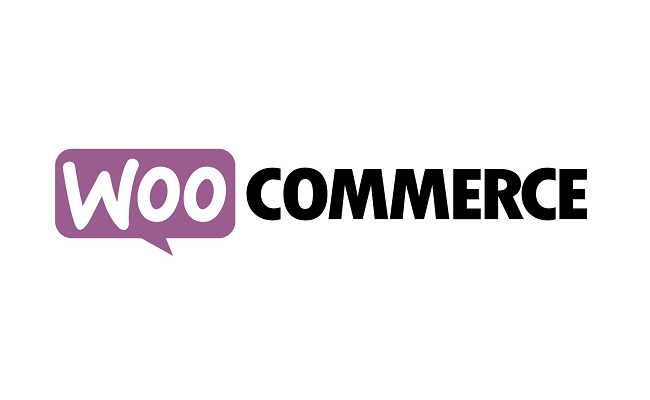
WooCommerce is a plugin for WordPress that is available for free and enables businesses to convert a standard WordPress website into a fully functional eCommerce website that is professional-looking and can be customized easily with minimal effort.
Some notable big brands that have created highly successful eCommerce websites using WooCommerce and achieved significant sales include MOI Cosmetics, Bo Shop, Nuty Cosmetics, AB Beauty World, and Beauty Garden.
Advantages:
The WordPress and WooCommerce communities offer a variety of themes for the cosmetics industry, both free and premium, which can be easily customized to fit a business's needs. Additionally, businesses have the option of using their own self-designed themes. Productive features from basic to advanced for cosmetic eCommerce firms include similar product suggestions, viewed products, discount vouchers, and new customer incentives. Functional systems from basic to advanced for cosmetic eCommerce business include similar product suggestions, viewed products, discount vouchers, and new customer incentives,… WooCommerce can be easily integrated with a variety of third-party services.
The cost of building an eCommerce website using WooCommerce is relatively low compared to other open-source platforms such as Magento. The total annual cost of domains, hosting, themes, extensions, plugins, and other related expenses can range from $110 to $1,500+. The implementation time for an eCommerce website using WooCommerce is typically 1 to 3 months.
Disadvantages:
Insufficiency of specific features of the cosmetics industry. Compared to other open-source platforms like Open Cart and Magento, WooCommerce has limited scalability due to its dependence on the WordPress system.
=> WooCommerce is an appropriate choice for cosmetics firms that are familiar with the WordPress platform and intend to build an eCommerce system.
4. Shopify
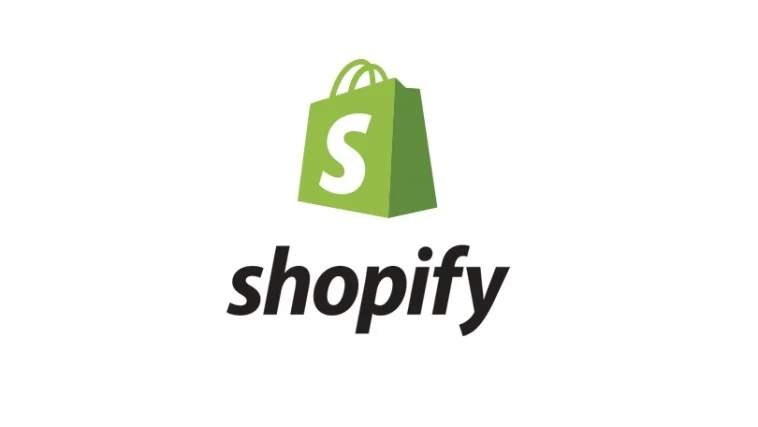
Shopify is possibly not a strange option in the field of eCommerce. All sizes of companies can find a range of solutions here to develop their eCommerce websites. Starting off in the market 20 years ago, Shopify currently ranks first in the eCommerce platforms in the world, trusted by both domestic and foreign companies.
Specifically, top cosmetics companies such as Kylie Cosmetics, Innisfree, Sulwhasoo, Cho Tinh Cua Boo, Guardian, and Ofélia achieved great success from Shopify when building their eCommerce websites.
Advantages:
Diverse themes are availably designed for the cosmetics industry. The functional system is designed to aid eCommerce businesses by offering a range of features, including suggestions for similar products, a list of viewed items, discount coupons, and incentives for new customers. The beginning cost is quite affordable ranging from 29$ to about 2000$ monthly. It takes only from 1 day to a week to build an eCommerce website, depending on the complexity of the system. Shopify has a vast community of developers that cater to the needs of businesses.
Disadvantages:
The current templates' design leads to replication, making it difficult to adjust the themes or develop a unique interface as it may negatively impact the entire system. Specific features for the cosmetics sector are still insufficient. The integration capabilities of Shopify are limited to the services available in its app store, despite offering a broader selection of third-party services. Utilizing fees brings both benefits and drawbacks because of the affordable initial cost but in return, the more additional cost permanently such as using the platform, interface, application, etc. Consequently, it is challenging to manage cash flow. Moreover, being a Saas platform make it difficult for Shopify to scale its website in the long run.
=> Shopify is regarded as a suitable platform for small and medium-sized enterprises (SMEs) with international operations or for startups.
5. Haravan
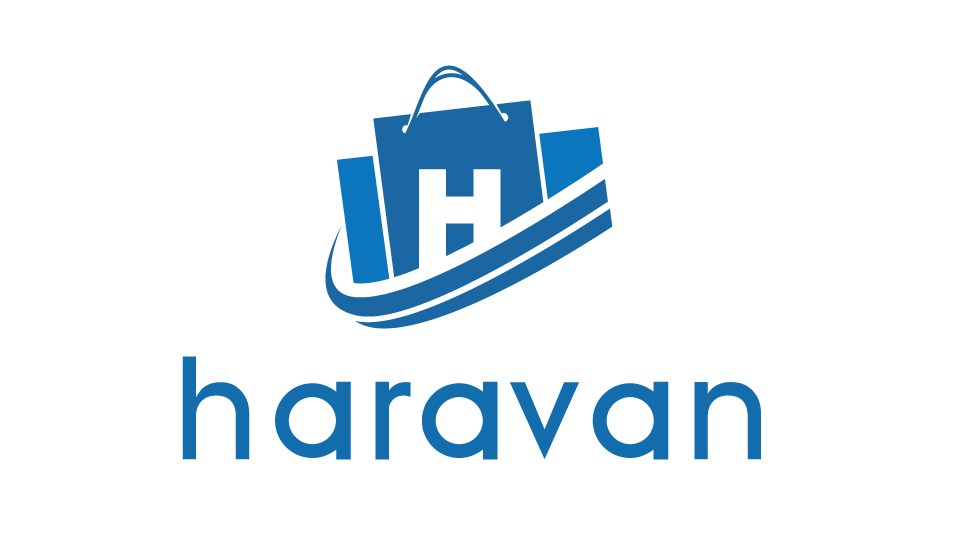
Founded in 2014, Haravan is a technology firm ranked top in Vietnam, with the ultimate goal of expanding its services to other Southeast Asian countries. Its expertise lies in providing eCommerce, engagement marketing, and omnichannel retail solutions to businesses and merchants in Vietnam. Due to the effectiveness of its website system and pioneering online retail sales, Haravan has been fully trusted by numerous companies in the cosmetics industry. Some well-known Vietnamese cosmetics brands such as The Face Shop, The World of Lipsticks, The World Skin Food, and Lam Thao Cosmetics have launched their eCommerce websites using Haravan's platform.
Advantages:
A range of themes and templates are availably designed for the cosmetics industry. There is a vast array of applications available, ranging from basic to advanced to build an eCommerce business. There is a variety of eCommerce deployment options with affordable prices, ranging from 200,000 VND/month to 3,000,000 VND/month. It is time-saving to build an eCommerce website, Businesses just need to spend about half an hour to own a website with all the essential features. However, businesses need to spend more time researching and developing the system for the website to work effectively.
Disadvantages:
The design of the current templates leads to duplication, and modifying themes or developing a customized interface is difficult because it can negatively impact the entire system. The range of specialized functions available for the cosmetics industry within the system is still restricted. Only integrated with services/utilities located in Haravan’s ecosystem Being a SaaS platform makes it difficult for Haravan to extend its website in the future.
=> Haravan is a good choice for enterprises of small to medium sizes and for startups primarily operating in Vietnam.
Conclusion
Choosing the right platform is an essential initial step in creating an eCommerce website for cosmetics. By selecting the appropriate eCommerce platform, businesses can build websites faster and more cost-effectively while improving their competitive edge and ensuring sustainable growth.
In contrast, choosing the wrong platform can result in significant expenses and efforts for companies to switch to different platforms repeatedly.
Therefore, it is essential for organizations to consider their objectives and the challenges with their current model when selecting the most suitable platform.
Hopefully, based on the above data, you have chosen a suitable platform to build your website effectively.
Dear readers! Please check out the "Websass" blog to keep up-to-date on the latest developments and trends in the cosmetics e-commerce industry.
